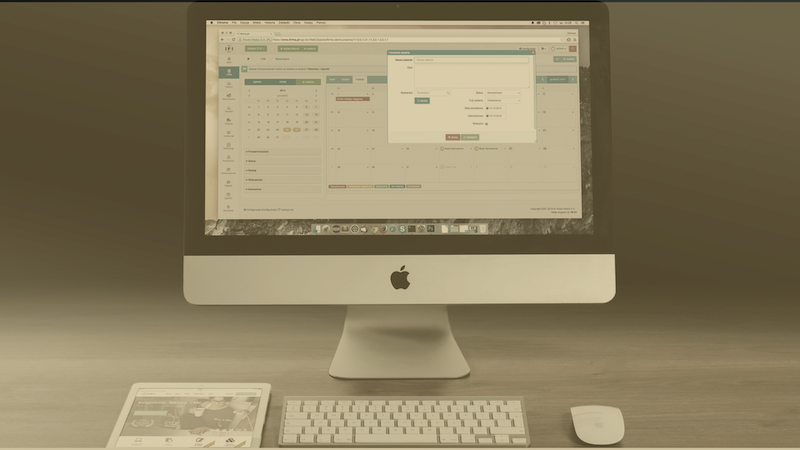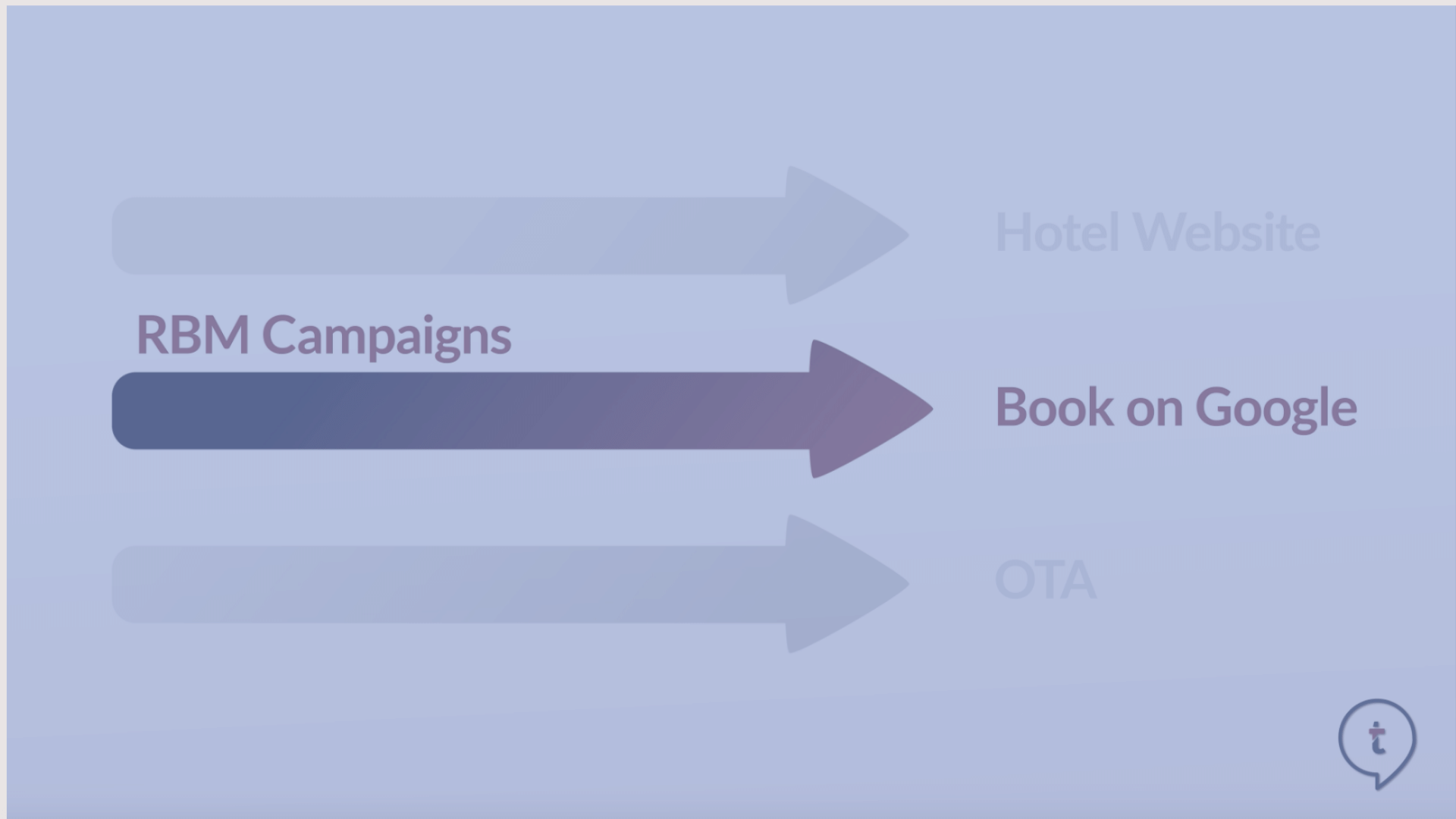Why APIs are critical to the future of hospitality
As I write this, the COVID-19 pandemic has resulted in the global travel and hospitality industry facing its most uncertain hour yet, making it hard to see and plan ahead.
Every single one of us within the industry has had to adapt and shift our business, including hoteliers who—now more than ever—need to be agile, and change not only how they market themselves but who they market to. It’s during this time that they might want to consider increasing their CRM power, for example, and perhaps adjusting their upsell strategies, improving their guest communication, or implementing operational efficiencies such as business intelligence or revenue management systems to aid their recovery.
Whatever their consideration might be, technology will be core to the endurance of their business during this crisis and especially as they look to recover. And, just as open communication has become more important than ever before, three letters must sit at the centre of every hotel’s business strategy, to ensure their property’s speed-to-market as and when the time comes for all of us to travel once more.
API: what exactly is it?
API stands for Application Programming Interface. In basic terms, it’s a set of instructions that allows two technology systems to speak to each other in a language they both understand.
APIs are the backbone of any digital network, and are how hotels are able to connect together the various softwares and applications that are crucial to their daily operations.
The role of APIs in enabling hotel innovation.
Whether they realise it or not, hotels have depended on APIs for years, to connect their property management system (PMS) with other systems such as guest telephones, electronic point-of-sale systems, accounting systems and, more recently, door locks. Even older PMSs have needed APIs to work, albeit they are referred to simply as Interfaces within the legacy PMS space.
That’s because the PMS forms the heart of every hotel’s digital network – or “tech stack”, as it’s more commonly known. Literally every single bit of data flows through a hotel’s PMS at some point, which is why APIs are so vital at an operational level. They enable open communication between every system and touchpoint, just like the communication you would expect between every hotel staff member and department.
In more recent years, APIs have also enabled more than the operational running of a hotel. They have facilitated hotel capabilities in the essential areas of sales, marketing, guest experience and engagement.
Indeed, the industry has recently witnessed an explosion in hotel applications, which has provided many benefits for hoteliers in these realms. These applications have emerged to perform functions that hoteliers previously had to complete manually, if they were able to complete them at all. Today, with hotel guest data, these functions can vary from growing revenue from existing bookings, messaging guests, increasing revenue on future stays, enabling self check-in/check-out, creating digital invoices, and housekeeping. With guest data, the list of new capabilities is endless.
However, while the birth of these new applications has created opportunities for hoteliers, enabling them to speak with a hotel’s PMS has presented challenges. APIs have proven critical in this regard.
How APIs reduce costs and risk for every hotel.
The increasing adoption of APIs among hotels is in step with the growing desire to break down the barriers that have held the hospitality industry back from innovating as quickly as industries such as retail and online banking.
In the absence of APIs, we as an industry have been burned by costly and often less reliable means of integrating our systems. It’s this precedence that has led many hoteliers to believe that a “one stop shop” is going to be better for their business. After all, if every piece of technology has come from a single provider, then that would eliminate the risk of playing ping-pong with phone support teams, right? Surely, with a single contact and invoice, a hotel’s tech stack can be kept tidy and safe?
Perhaps. However, at what cost?
The technologies provided by these “one stop shops” have historically come with a high upfront cost for hotels, in addition to an annual support contract. As a result, we’ve seen hoteliers tied unwillingly to a provider for years, as they feel the need to realise the initial cost of using their “one stop shop” before they can even consider changing systems.
In truth, no single technology provider can allow for the speed of innovation that hotels need to keep up with the modern guest’s ever-changing demands and expectations. The phrase “jack of all trades, master of none” rings true in this scenario and often it means that a hotel’s technology is out of date before it’s been completed. The lack of focus from the provider begs the question: what opportunities are its hotel users missing out on? Are they in the position to be agile and to test and learn with new platforms, or are they kept at a disadvantage to their competitors each time a new technology hits the market?
Conversely to slow “one stop shops”, cloud-based, Software-as-a-Service (SaaS) providers have paved the way for a new future of technologies to be built with an open, API-first environment in mind. With SaaS providers, hotels benefit from a monthly subscription-based model and typically no or shorter contract periods. And, because hotels needn’t commit to a long contract upfront, these providers have to innovate constantly to demonstrate their value – and win a hotel’s vote of confidence each month.
As importantly, because cloud-based technologies are built for API integrations, the reliability and support that comes with them are not merely secondary functions, but are what those providers’ technical and customer support departments are built for. The argument that a “one stop shop” could possibly provide faster innovation and better support to hotels is becoming less valid everyday.
Is there such a thing as a closed API?
The short answer is no, but that doesn’t mean every API is accessible. Sadly, in spite of the reality that each of us now operates in a hyper-connected, multi-channel and multi-screen world, not every technology provider freely shares their APIs – in turn, inhibiting the use of new technologies and concealing valuable guest data that is trapped behind expensive paywalls.
This resistance to sharing has fallen under scrutiny by technology providers and hoteliers alike, driven in part by our familiarity with consumers platforms such as Uber, Deliveroo and Instagram, which have heightened our expectations for a seamlessly-connected and frictionless world. As our expectations grow, so too does our frustration when having to queue at check-in or pick up a phone to order room service.
Truly, there are endless opportunities for all of us within the travel and hospitality industry to improve the service and efficiency we provide to our customers, and the need for better, more “open” APIs is fundamental to our shared ability to unlock these opportunities.
About the Author
James Bishop, Senior Director Global Demand Partnerships at Siteminder

-
James Bishop plays an instrumental role at the global hotel industry’s leading guest acquisition platform, SiteMinder, living out his passion for providing technology that empowers both hoteliers and technology innovators alike to find success online. Having led the diverse EMEA region’s sales team for many years, James now works with SiteMinder’s ever-expanding global partnerships portfolio to drive demand for hotels worldwide.
Also, find these complementary content pieces on Application Programming Interfaces (APIs) & Integrations
- VIDEO l API's & Integrations in Hospitality: Benefits of open APIs
- PODCAST l James Bishop von Siteminder and Iris Steinmetz discussing the advantages and disadvantages of APIs in the Hospitality Industry
- INFOGRAPHIC l API's & Integrations: Main protocols, typical application cases, and potential business benefits
Find all techtalk.travel editorials here.




 Free download
Free download

![V03: The History of Hotel & Travel Technology | [Updated] Infographic](https://techtalk.travel/storage/app/uploads/public/63f/e6f/ec8/63fe6fec80447817849943.jpg)



Create an account to access the content.
Get access to Articles, Video's, Podcasts, Think Tanks, Infographics and more.
Click “Sign In” to accept our
Terms of Service Privacy Policy